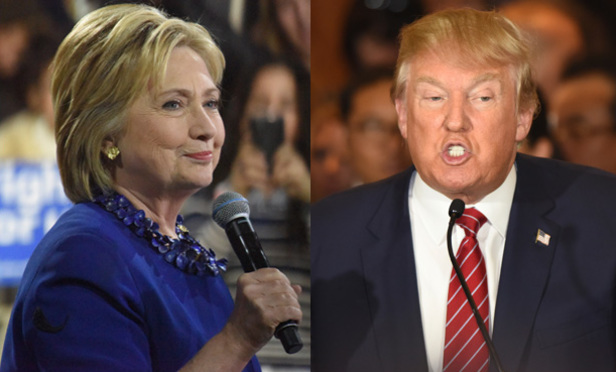In this article, the thirteenth in Allen & Overy’s weekly columns on political law issues designed to help in-house legal and compliance personnel manage political law risks, we turn to the upcoming national political party conventions, which will be taking place in a matter of weeks. From July 18-21, the Republican party will meet in Cleveland to formally nominate Donald Trump for president of the United States. A short time later, from July 25-28, the Democrats will convene in Philadelphia to nominate Hillary Clinton.
The conventions are a clear high point on the political calendar, marking the transition to the general election, and as such they draw significant public attention. This year, interest in the conventions may be higher than ever, with the potential (however slight) for a contested convention, a promise by Donald Trump to deliver a convention unlike any other and on-going negotiations between the Sanders and Clinton camps.
This content has been archived. It is available through our partners, LexisNexis® and Bloomberg Law.
To view this content, please continue to their sites.
Not a Lexis Subscriber?
Subscribe Now
Not a Bloomberg Law Subscriber?
Subscribe Now
LexisNexis® and Bloomberg Law are third party online distributors of the broad collection of current and archived versions of ALM's legal news publications. LexisNexis® and Bloomberg Law customers are able to access and use ALM's content, including content from the National Law Journal, The American Lawyer, Legaltech News, The New York Law Journal, and Corporate Counsel, as well as other sources of legal information.
For questions call 1-877-256-2472 or contact us at [email protected]






